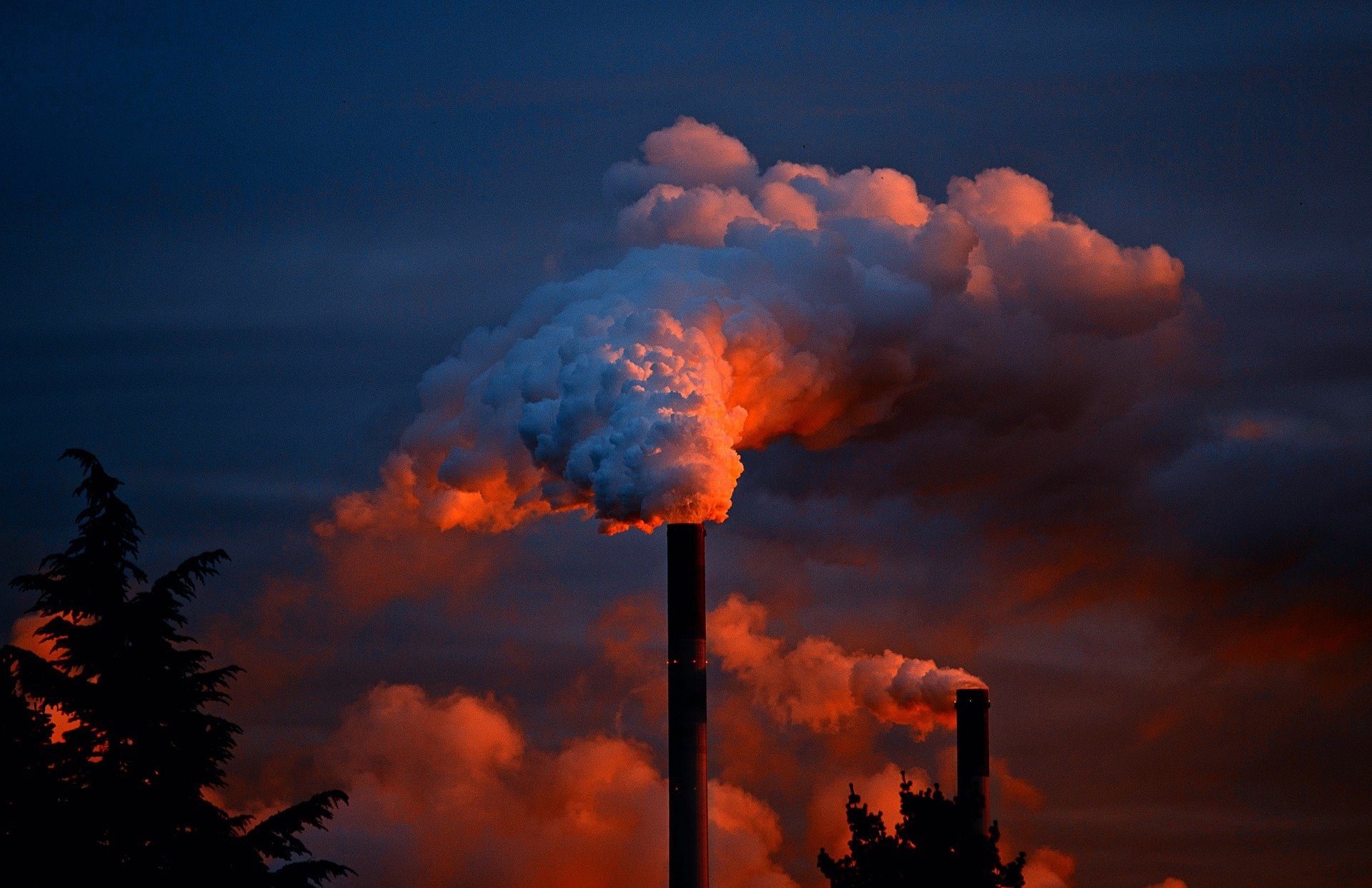What if people were told that doing things such as recycling, using alternative energy sources, not using personal transport, travelling less and consuming less water were all environmentally irrelevant? For the most part, unfortunately, even environmental protection campaigns have failed to point out the elephant in the room, which is what we truly need to do to slow down the rate of climate change. This is animal agriculture. Worldwatch conducted a thorough survey in 2009 as to the true cost and contribution of animal husbandry, including factors such as animal waste, respiration, land use, resources needed for growing food, meat transport and refrigeration. They concluded that the net contribution of animal farming to global greenhouse gas emissions totalled over 51%, dwarfing the total emissions by all transportation – which tallied up to 13%. Why is this not common knowledge? Furthermore, people often overlook the type of greenhouse gases that are emitted, mainly focusing on CO2. Livestock are not only responsible for adding a significant amount of CO2 into the atmosphere – which adds to the ‘Greenhouse Effect’ of the planet, increasing global temperatures – but are the predominant contributors of other gases, such as methane (CH4) or Nitrous Oxides (NOx) which have 86x and 296x the global warming power respectively. Not to mention ‘the lungs of the Earth’, the Amazon rainforest, which also saw a free fall in 2020, where the COVID pandemic acted as a smokescreen for loggers to illegally deforest it. The main reason for this deforestation, however, isn’t logging, but small-hold farmers that set fire to the forest in order to make room for cattle farming. In fact, 91% of the deforestation has been for farming purposes, and once the cattle have grazed up all the grass or the land has become infertile, the farmers move on to a new patch of land, burning thousands of kilometres of trees in the process. As a consequence of this destruction of the habitats of millions of animals, humans have paved the way for an extinction rate not seen in the past 65 million years. The concept of biodiversity is almost a laughable matter with only a few species of focus; the ‘polar bear’, the ‘blue parrot’ or ‘the tiger’ with people and agricultural animals making up over 98% of all the biomass on the planet today.
This, however, is a very complicated problem to solve. It’s only after people have a salary of ~$5,000 (~£3,680) a year, do they start to care for the environment, before which the sole concern for those in poverty is survival and to provide for their families. Also, how likely is it, by freedom of choice, that humans will opt for a simpler life? Who is going to give up heated homes in winters, eating foods such as chocolates, or wanting things for Christmas? Getting influenced by people’s luxurious lives on Instagram, a large part of the current generation wants and feels that they deserve that for themselves. It isn’t largely in the interest of any government either. Ultimately, even with the COVID response in the UK, politics remains a part of a game plan for the parties to secure popularity, power and hence votes in the future election. Implementing draconian moves to limit people’s ability to travel, eat meat, or buy clothes would make any governmental entity loathed – no one wants to be responsible for tackling a serious dilemma. Nor is it in the interest of food retailers to sell less meat, since the core interest of a company is to make money and gain a larger piece of the market share through advertising. If there is a demand, they will supply. And over-supply for that matter; in fact, around 40% of the food produced in the US is never eaten. Tonnes upon tonnes of food is routinely discarded due to creating the illusion of an abundance of product in stores or since the food has passed its sell-by date.
Lamentably, environmental concern has really been pushed to the back in terms of problems to tackle, globally speaking, due to COVID. With the boosting of the economy being the ultimate priority, both for individuals and national institutions, the environment will once again be compromised.
So what can be done about it? A silver lining in this serious case regarding animal agriculture is the advent of lab-grown meat. By harvesting and growing meat in labs, not only will substantial amounts of land be saved – which be can be converted to forests – but also save millions of litres of fresh water (in the US alone, animal agriculture consumes 55% of all freshwater usage, compared to only 5% used by all domestic use combined). This will also prevent the emission of millions of tonnes of greenhouse gases but will greatly reduce the need for waste management and significantly decrease the number of farm products required to feed the animals.
This, of course, is not the only problem with fast-fashion, plastic waste and air travel also of serious concern, but the starting point is clear.






Innovative solutions will definitely be needed to solve these complicated problems! I wonder whether we’ll reach a stage where lab grown meat is indistinguishable from farmed animal meat…